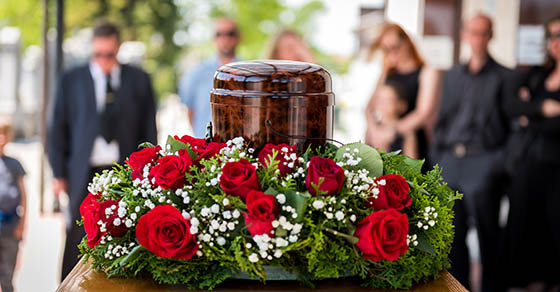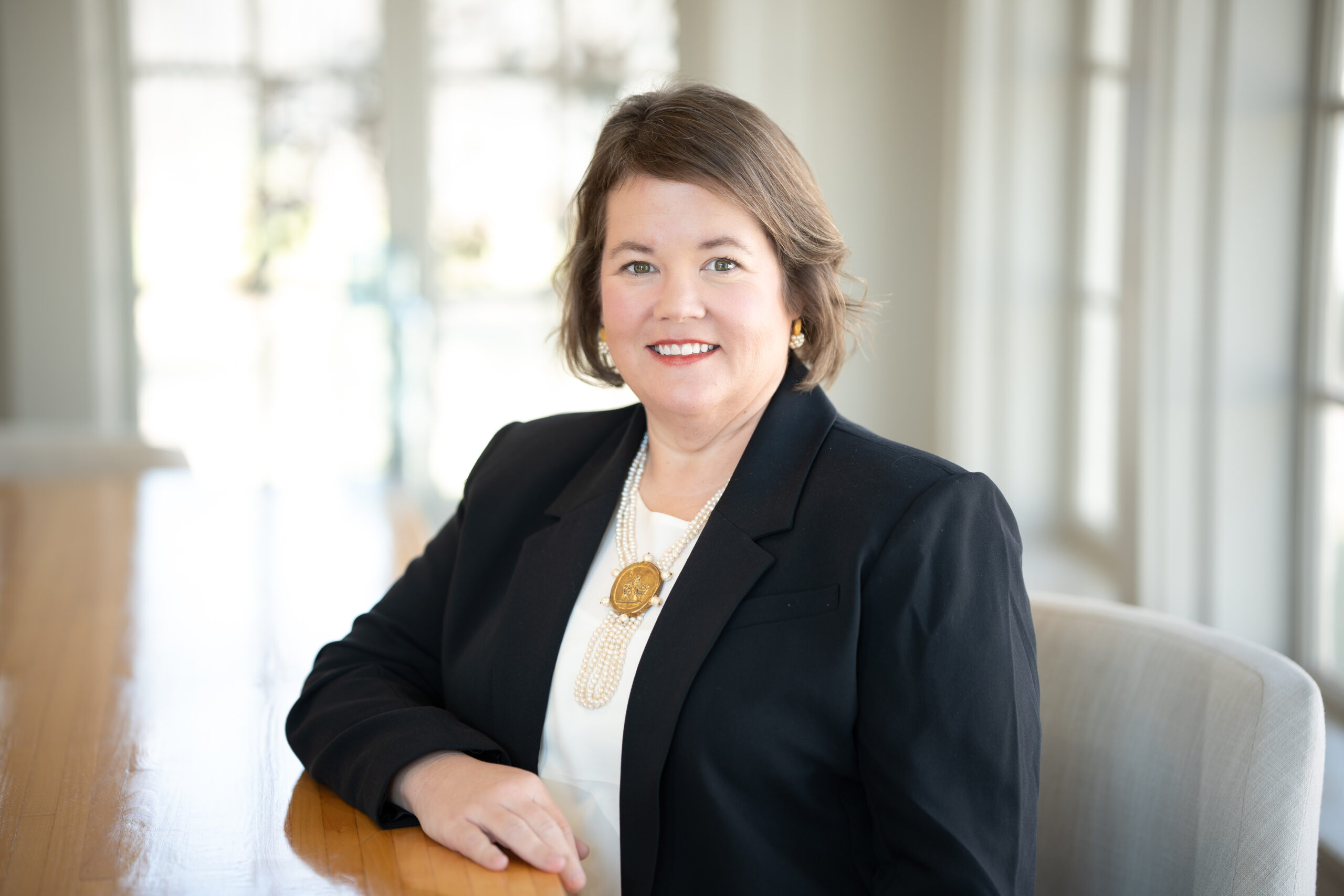It’s difficult for many people to think about their mortality, so it’s not surprising to learn that many put off planning their own funerals. Unfortunately, this lack of planning may result in emotional turmoil for surviving family members when someone dies unexpectedly.
Also, a death in the family may cause unintended financial consequences. Why not take matters out of your heirs’ hands? By planning ahead, as much as it may be disconcerting, you can remove this future burden from your loved ones.
Communicate Your Wishes
First, make your funeral wishes known to other family members. This typically includes instructions about where you are to be buried or cremated, if you prefer a formal or religious ceremony, and even the clothing you’ll be buried in.
It may also cover a memorial service in lieu of, or supplementing, a funeral. If you don’t have a next of kin or would prefer someone else to be in charge of funeral arrangements, you can appoint another representative.
Be aware that the methods for expressing these wishes vary from state to state. With the help of your attorney, you can include a provision in your will, language in a health care proxy or power of attorney, or a separate form specifically designed for communicating your funeral arrangements.
Whichever method you use, it should, at a minimum, state 1) whether you prefer burial or cremation, 2) where you wish to be buried or have your ashes interred or scattered (and any other special instructions), and 3) the person you’d like to be responsible for making these arrangements. Some people also request a specific funeral home.
Consider the Ins and Outs of a Prepaid Funeral
There’s a division of opinion in the financial community as to whether you should prepay funeral expenses. If you prepay and opt for a “guaranteed plan,” you lock in the prices for the arrangements, no matter how high fees may escalate before death. With a “nonguaranteed plan,” prices aren’t locked in, but the prepayment accumulates interest that may be put toward any rising costs.
When weighing whether to use a prepaid plan, the Federal Trade Commission recommends that you ask the following questions:
- What happens to the money you’ve prepaid?
- What happens to the interest income on prepayments placed in a trust account?
- Are you protected if the funeral provider goes out of business?
Before signing off on a prepaid plan, learn whether there’s a cancellation clause to the plan in the event you change your mind.
Open a POD Bank Account
One alternative that avoids the pitfalls of prepaid plans is to let your family know your desired arrangements and set aside funds in a payable-on-death (POD) bank account. Simply name the person who will handle your funeral arrangements as beneficiary. When you die, he or she will gain immediate access to the funds without the need for probate. Contact us if you have questions about how to address your funeral in your estate plan. We’d be pleased to assist you.
Theus Law Offices specializes in a complete range of estate planning and elder law services, including wills, trusts, probate, successions, estate administration, and probate litigation. If you need a Louisiana wills and trusts lawyer or succession attorney in Alexandria, Lafayette, Lake Charles, Baton Rouge, New Orleans, Shreveport, Monroe, or elsewhere in Central Louisiana, let our certified estate planning specialist and probate lawyers help you.











